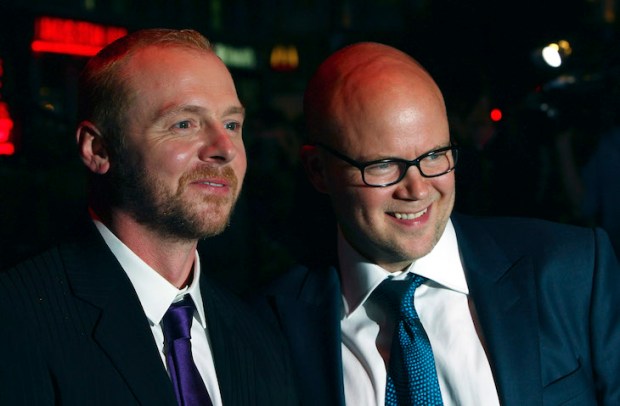Shortly after I started working at Vanity Fair in the mid-1990s, I suggested to my boss Graydon Carter that I write an article about the number of New York society types who were bankrupt. Not morally bankrupt, but up to their eyeballs in debt. ‘Let’s get a team of researchers to go through the financials of everyone on the guest list of the annual costume ball at the Met,’ I suggested.
Already a subscriber? Log in
Subscribe for just $2 a week
Try a month of The Spectator Australia absolutely free and without commitment. Not only that but – if you choose to continue – you’ll pay just $2 a week for your first year.
- Unlimited access to spectator.com.au and app
- The weekly edition on the Spectator Australia app
- Spectator podcasts and newsletters
- Full access to spectator.co.uk
Or
Unlock this article
Toby Young is associate editor of The Spectator.
You might disagree with half of it, but you’ll enjoy reading all of it. Try your first month for free, then just $2 a week for the remainder of your first year.















Comments
Don't miss out
Join the conversation with other Spectator Australia readers. Subscribe to leave a comment.
SUBSCRIBEAlready a subscriber? Log in